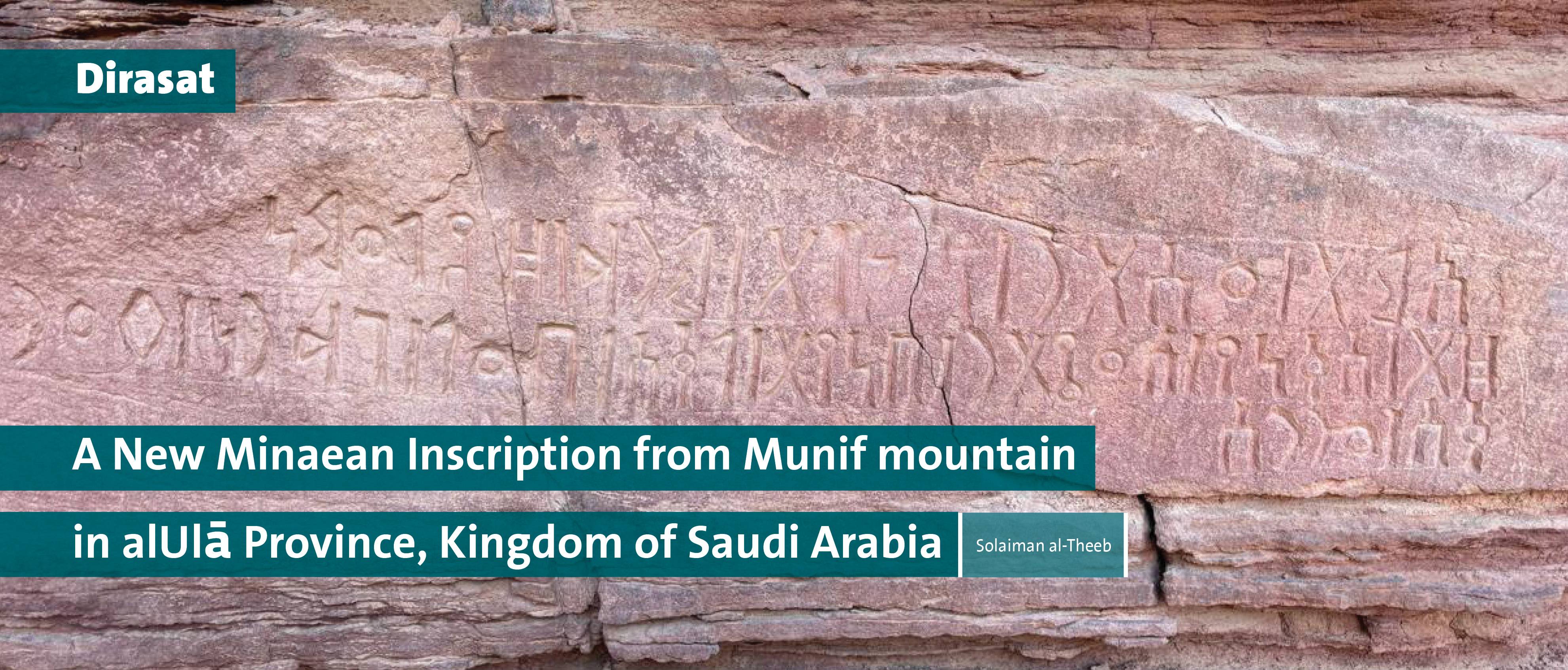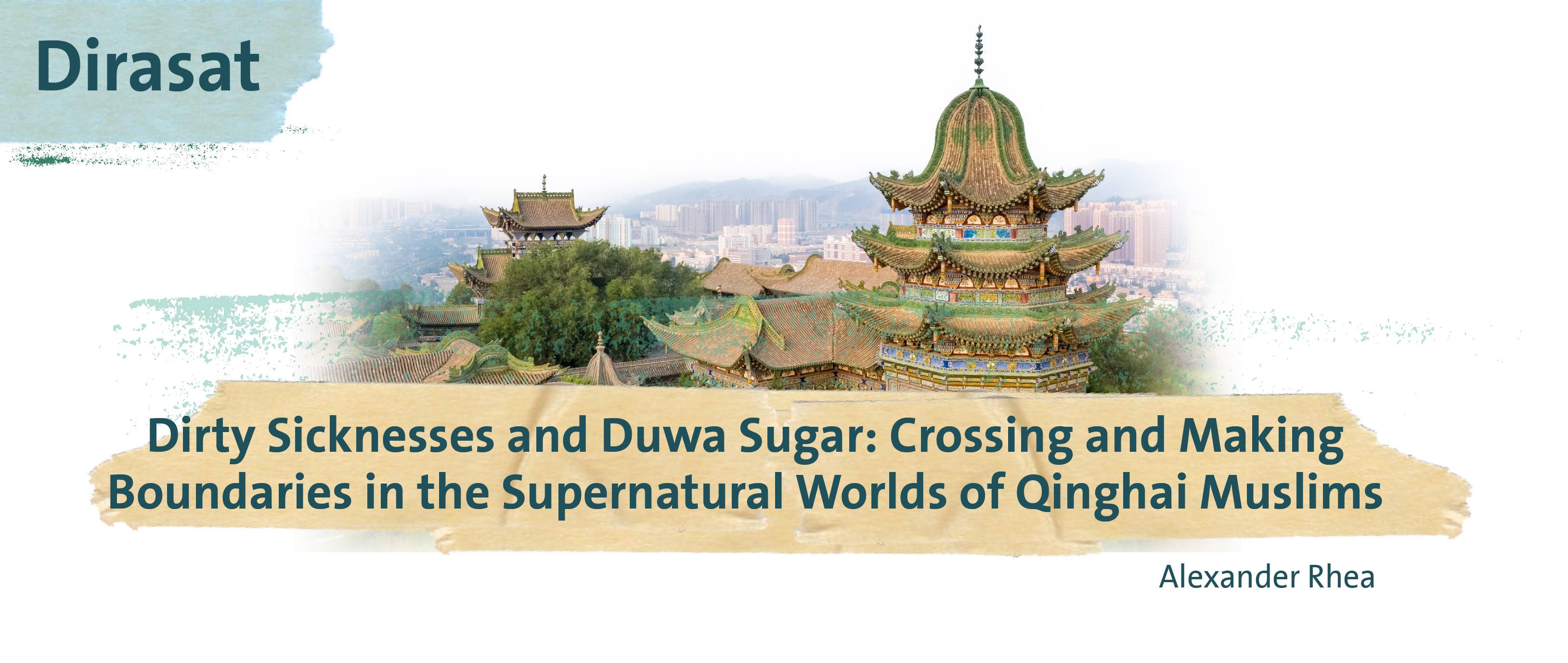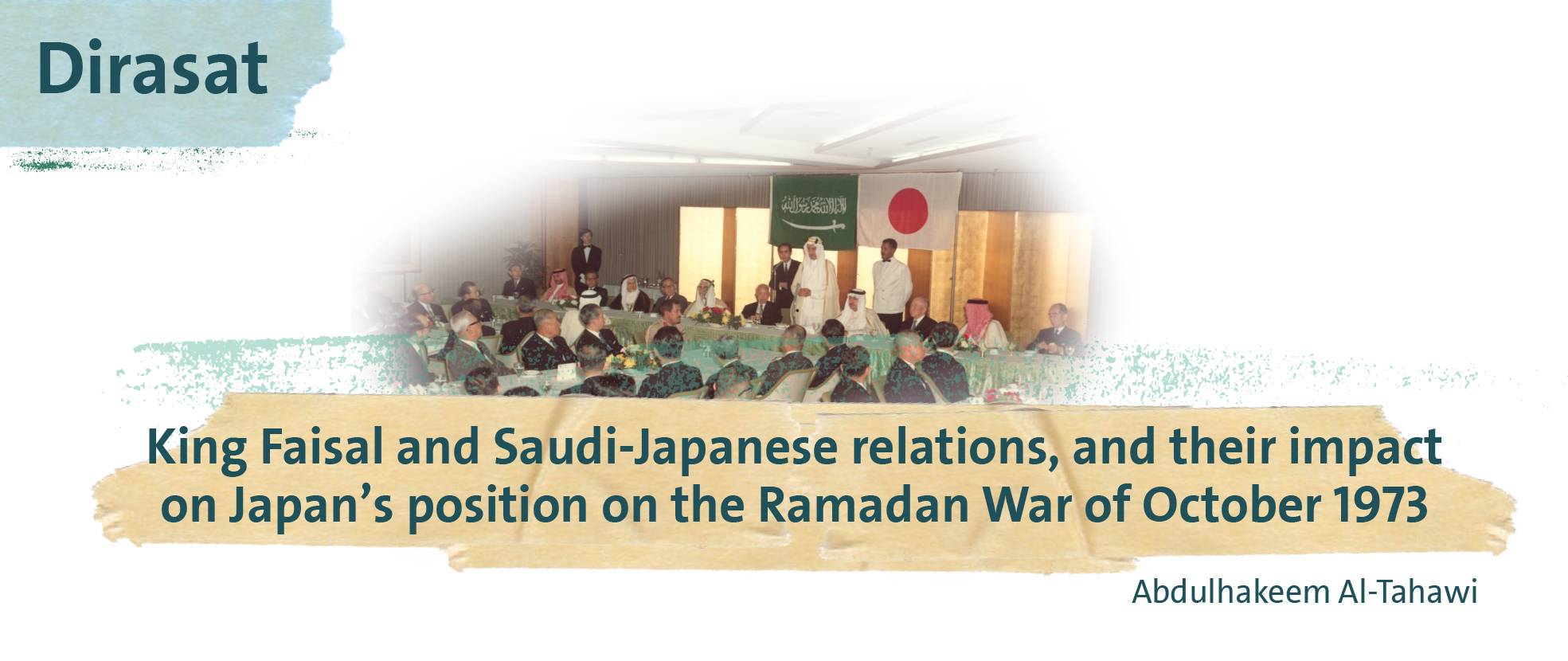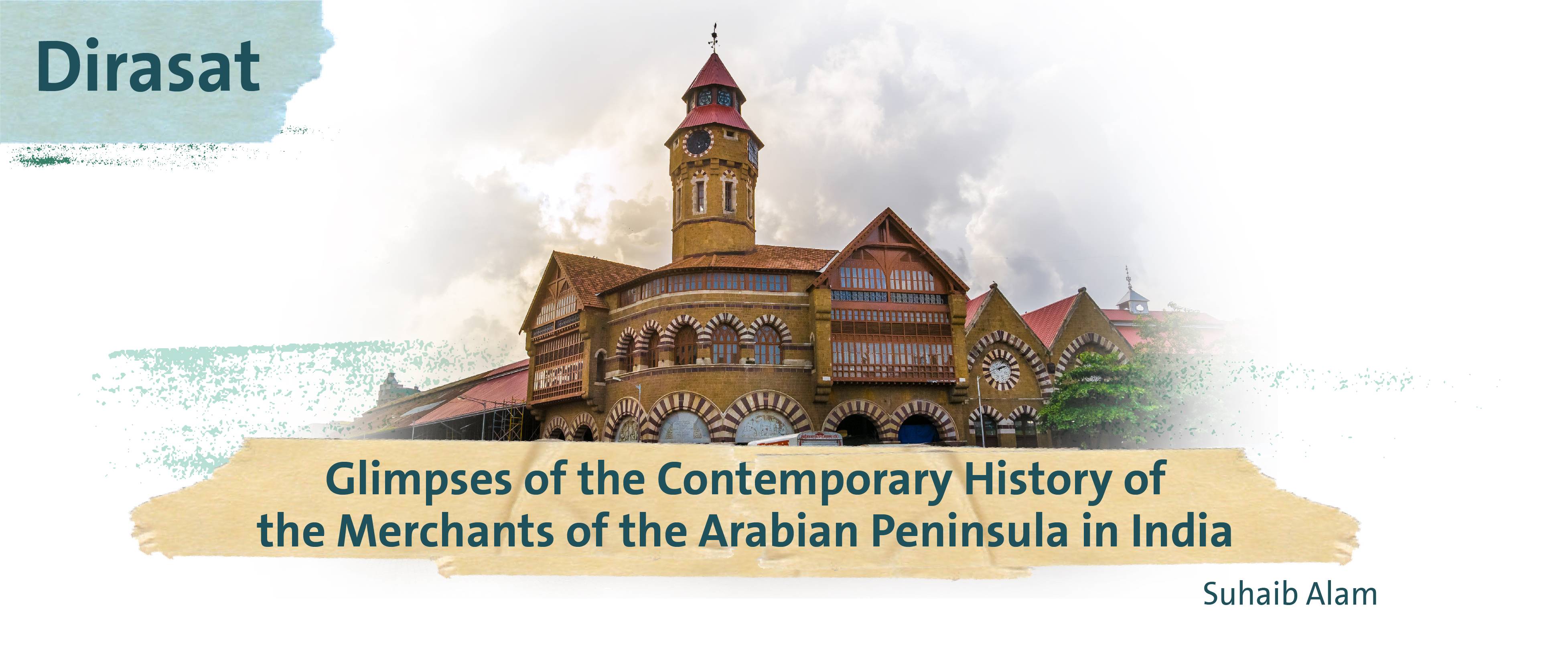Dirasat (KFCRIS Papers)

Number: 79
Author: Solaiman al-Theeb
This inscription, discovered by Mr. Ahmed son of Mohammed al-Masuod during his visit to Abdulrahim al-Suqayr’s farm, is carved in relief on one of the rock faces of a mountain locally known as “Zib Munif,” located in the north of the Old Town of AlCulā which is about 4 kilometers. The writing technique reflects the skill and linguistic proficiency of the author in South Arabian script and language. If we consider the use of the letter “s” at the beginning of the verb (sqny) and at the end of names (Crrs) as a third-person singular pronoun, it shows a proof that indicates the Minaean dialect.

Number: 77
Author: Michael Christopher Low
It is an undisputed truism that the story of twentieth-century Saudi Arabia is synonymous with oil. And while oil and gas pipelines have rightfully been understood as the infrastructural lifeblood of the Kingdom’s meteoric rise, another set of pipelines and processing plants has remained virtually invisible to historians, desalination facilities. Despite this seeming invisibility, Saudi Arabia has become the world’s leading desalination superpower. Thus, instead of thinking of Saudi Arabia only as a petro-state, this article argues that we also need to understand the Kingdom as a desalination powerho

Number: 74
Author: Dr. Manuel Schubert, Dr. Mohammad Alhajji, Mohammed Al-Kabour, Dr. Ali Alhakami, Ruba Al-Yousefi, Dr. Monerah Almahmoud, Dr. Camellia Alibrahim, Ahmad Angawi, Wiam Hasanain, Dr. Olayan Alharbi, Chaza Abou Daher, May Al-Baz, and Daniel Ahrndsen
Over the past decade, Behavioral Insights (BI) have proven to be a powerful tool for enhancing policy effectiveness worldwide. An active BI community in Saudi Arabia has leveraged these insights across various policy sectors. This paper explores how Vision 2030 – one of the world’s most ambitious behavioral change programs – can further benefit from the systematic use of Behavioral Insights in policy design and evaluation, focusing on education programs and human capability development.
The paper offers a structured approach

Number: 73
Author: Francesco Calzolaio
The vizier and scholar Rashīd al-Dīn al-Hamadani (d. 1318) is a towering figure in Islamic intellectual history. His impressive scholarly output spans several fields and rivals that of the most illustrious Islamic thinkers in terms of depth, sophistication, and impact. Relative to his importance, however, scholarship about him is fairly limited. This is beginning to change, as in recent years monographs that explore his intellectual contributions in a number of key areas have begun to appear. Until now, however, very little scholarship has treated one of the most original areas of his scholarly production: the study
2024-10-06
| Histories of Sinophone Islam in Macau: A Tapestry of a Multi-ethnic Muslim Community
72
2024-10-06
| Histories of Sinophone Islam in Macau: A Tapestry of a Multi-ethnic Muslim Community
72

Number: 72
Author: Hung Tak Wai
Since the fifteenth century, Macau has enjoyed the status of being one of the major entrepots of international commerce in Asia. Despite the historic and deeply rooted involvement of Muslims in inter-Asian maritime trade, however, historians have rarely acknowledged the longstanding history of the Muslim community there. The absence of a detailed study of Macau’s Islamic community probably stems from the prevalence of the Portuguese and, therefore, Catholic colonial presence and its associated legacy of religious intolerance. The surprising thing is that it was the Europeans themselves who brought Islam to this enclave: Macau’s only mosque and Muslim cemetery, together known a

Number: 70
Author: Daniel Gołębiowski, Karolina Radłowska, and Magdalena Zawrotna
This article aims to portray Polish Tatars through an in-depth analysis of Polish literature and the historical, cultural, social, and legal aspects of the Tatar community in Poland. This paper is one of the few written in English that examines Polish publications delving into several features of the Polish Tatars. It allows for broader engagement of scholars in a discussion on ethnic minorities and the hybridity of their identities taking the Polish Tatars as a case study .With its multidisciplinary approach, this article offers a new diversified perspective on the phenomenon of the oldest indigenous Muslim group living in Poland. The authors zoomed into their history, rel

Number: 68
Author: Alexander Rhea
This study, which draws on extensive fieldwork and local sources, examines the supernatural beliefs (i.e. related to demonic and magical forces) among Chinese Muslims in the modern-day province of Qinghai, China. The core argument presented in this article is that the supernatural realm is a space where Muslims draw lines and form their perceptions of orthodox Islamic beliefs and practices, oftentimes in contrast to Muslims of other sects, as well as other religions and the Communist state itself. In addition, it is a space where these boundaries concerning orthodoxy and propriety are transgressed, usually out of some spiritual necessity or because of interactions with other div



